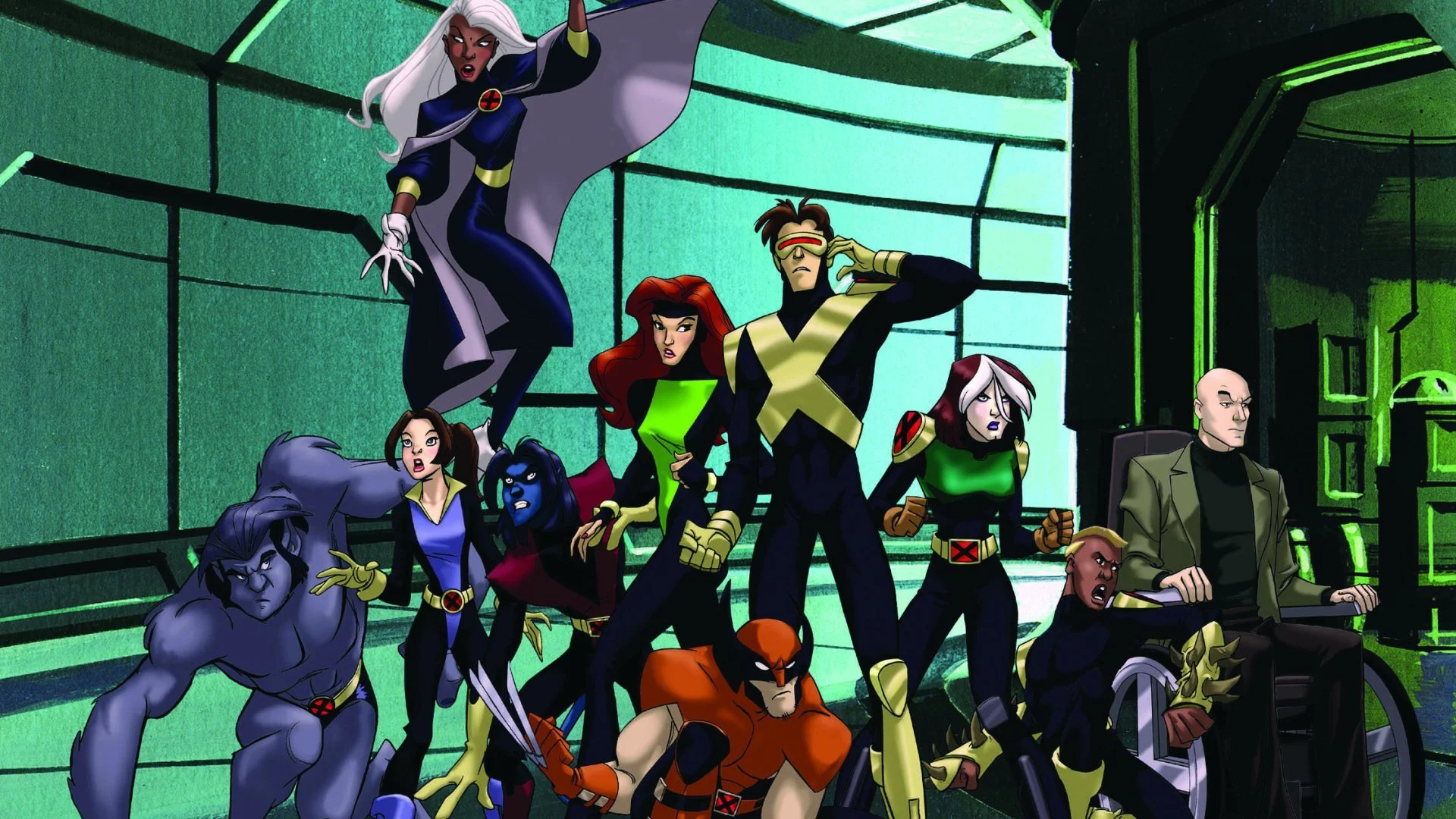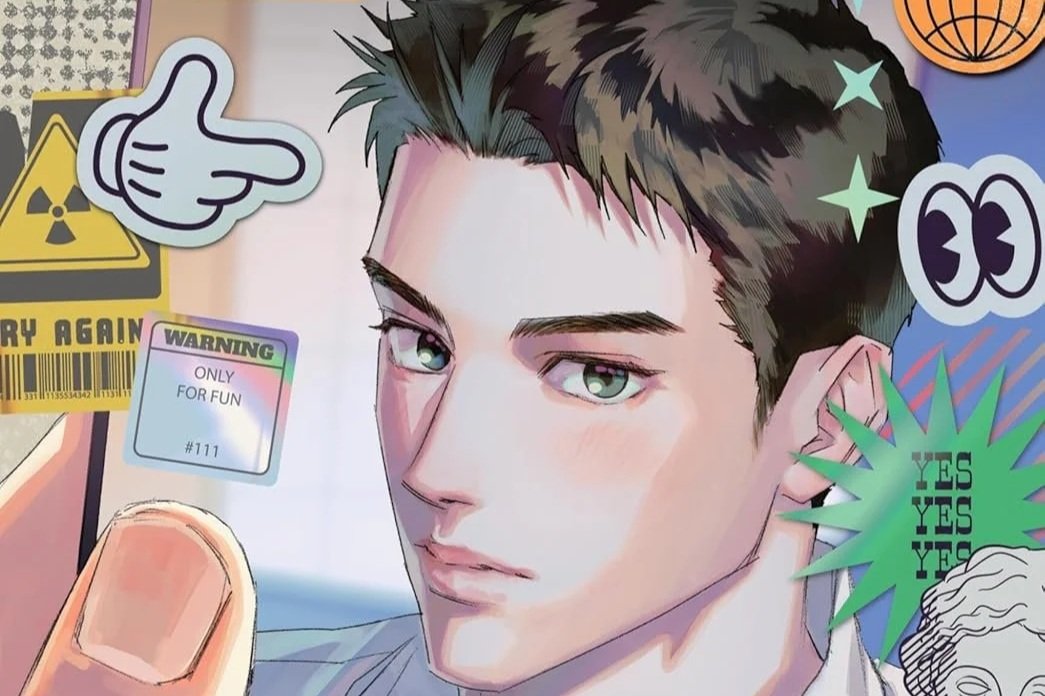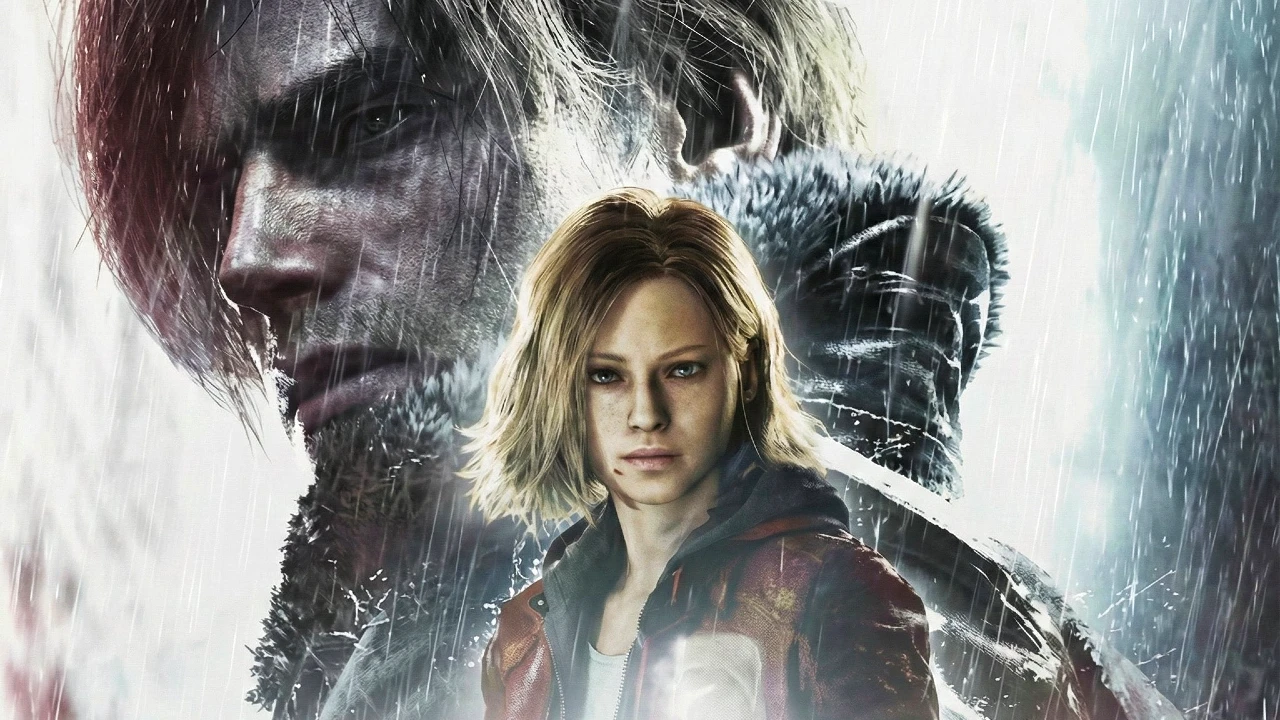Why We're Still Waiting for X-Men: Evolution Season 5
Sure, it’s been years since it’s been off the air—but another season of X-Men: Evolution is something we still want. When it initially aired (from 2000-2003), the dark horse animated series introduced a generation to the infamous Marvel mutants as chaotic teenagers, and that premise—identity under pressure, friendships in flux—genuinely works. So maybe it’s time we start talking about why it’s still worth the revival effort.
The audience is primed
There’s a real appetite for animated comic book stories right now after the success of Sony’s Spider-Verse and X-Men ‘97—but X-Men: Evolution speaks directly to that desire with a character-first, teen-ensemble lens for a different demographic.
Fans who grew up with the show never stopped championing it, and new viewers keep discovering it through clips, rewatches, and word of mouth across Twitter and TikTok. That combination—longtime loyalty plus fresh curiosity—creates a runway for a revival to land with momentum on day one. Plus, there’s always a viral tweet praising the series, so we know people are still invested.
The canon left open doors
X-Men: Evolution didn’t close its book either—it merely paused mid-sentence. The finale pointed to a roadmap that begged for follow-through with ideas like Jean edging toward a Phoenix reckoning, Magneto inching toward a mentor role, public fear hardening, and students maturing into leaders. Those teases were basically overarching story promises.
Returning now could mean (finally) paying off those milestones within the continuity fans already invested in, delivering resolution without retcon gymnastics. And, we could always pick up at any point in the timeline—so it wouldn’t necessarily require the original lineup to be teens anymore, either. The opportunities are virtually endless!
A clear creative lane
Reviving X-Men: Evolution isn’t redundant with ’97—if anything, it could celebrate variety in the mutant arena. The teen ensemble lets the show tackle identity, anxiety, and belonging at ground level, where mutant metaphors hit hardest. A semester-style structure (classes, training, field missions) naturally supports 10–13 episode arcs that stream well, with midseason “event” episodes for spikes.
The core silhouettes and relationships are already defined, so a visual refresh can modernize without losing recognizability. Most importantly, Evolution’s tone—character-first, school-centered, messy and humane—fills a lane the current slate doesn’t, widening the X-Men audience instead of splitting it. And if they opted for grown versions, the differences in timeline and tone is enough to differentiate the two.
Now, let’s keep our fingers crossed that Disney hears our plea and revives the iconic X-Men: Evolution for more unforgettable animated adventures.








